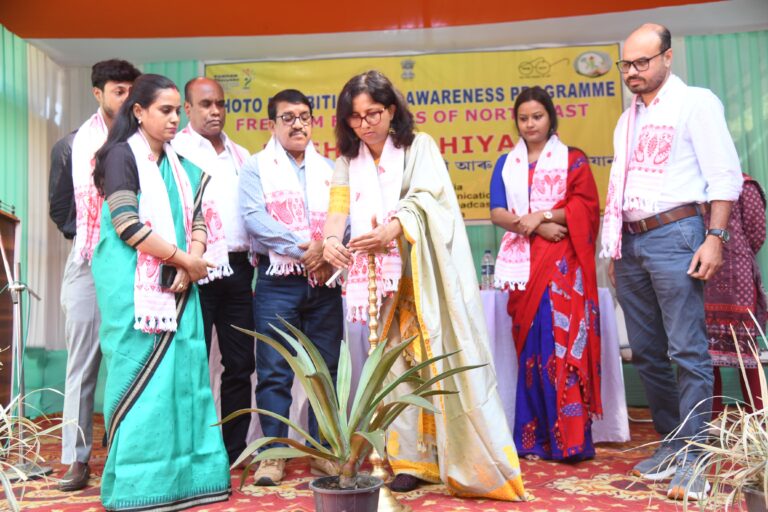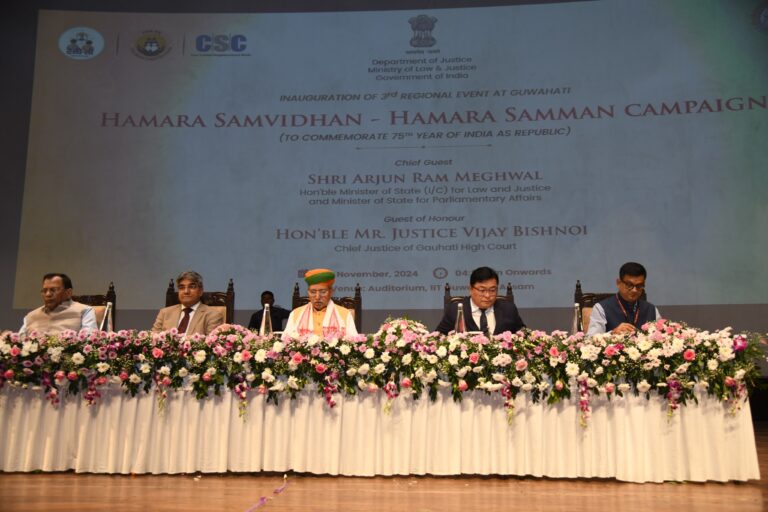The Uttar Pradesh Sunni Central Waqf Board – one of the respondents in the Ayodhya title suit — has expressed dissatisfaction with the verdict of the Supreme Court that awarded the 2.77 acres of disputed land to Ram Lalla for the construction of a temple and said an alternate five-acre plot will be given for a mosque. The board said they will hold a meeting and take a call on whether a review petition should be filed.
“We think it is unjust… We can’t consider this justice. We are not criticising all parts of judgment,” said Zafaryab Jilani, the lawyer for the Muslim group.
Pointing out that the disputed land and the land of the inner courtyard has given to the other side, Mr Jilani said, “Giving all land to the other side is unjustified. We respect the top court, we have a right to disagree with the verdict. The top court has changed judgement in many cases. We have a right to seek review”.
Explaining its decision to grant the disputed site for a temple, the court had said the Archaeological Survey of India has found evidence that the 16th Century mosque of Mughal Emperor Babar was not built on vacant land.
“On balance of probabilities, the evidence in respect of the possessory claim of the Hindus to the composite whole of the disputed property stands on a better footing than the evidence adduced by the Muslims,” the judgment read.
Ayodhya’s 16th Century mosque was razed in 1992 by right-wing activists who believed that a temple marking the birthplace of the Lord Ram had to make way for the mosque of the Mughal emperor.
But the five-judge bench led by Chief Justice Ranjan Gogoi said Muslims they should ensure that a wrong committed must be remedied” and the Muslims had not abandoned the mosque and they should not be deprived of a structure.
The Muslims were dispossessed upon the desecration of the mosque on 22/23 December 1949 which was ultimately destroyed on 6 December 1992, the court said.
“Justice would not prevail if the Court were to overlook the entitlement of the Muslims who have been deprived of the structure of the mosque through means which should not have been employed in a secular nation committed to the rule of law. The Constitution postulates the equality of all faiths,” the 1045-page judgment read.
“It is nobody’s victory or loss. There shall be no protests from any side… I can only say that the judgment is not satisfactory and not as per our expectations,” Mr Jilani said.


















